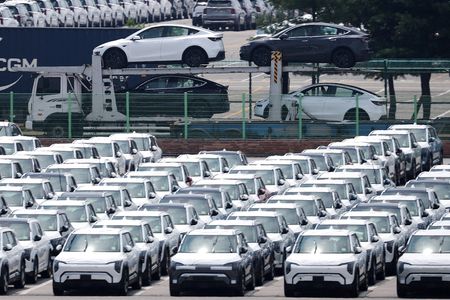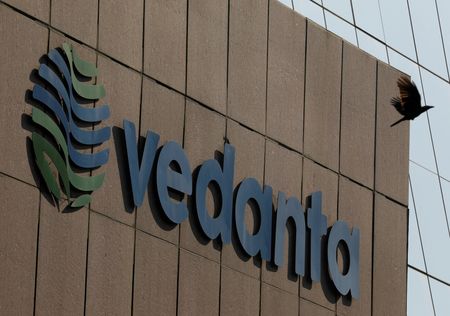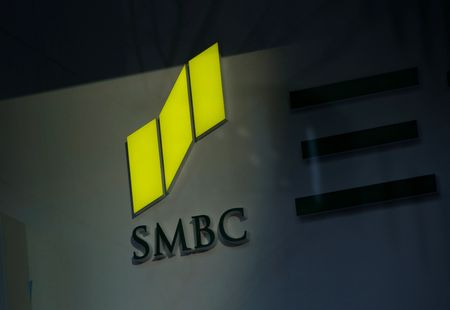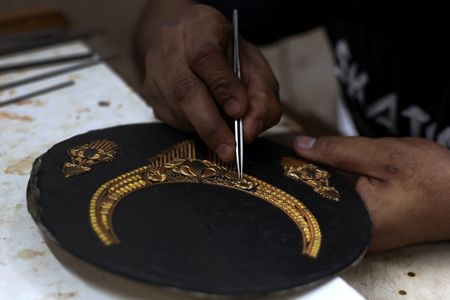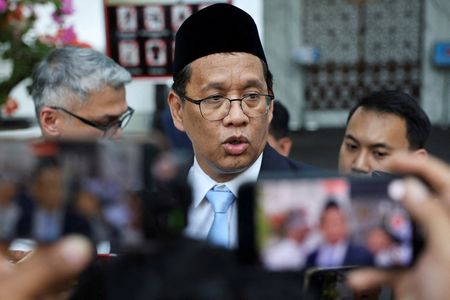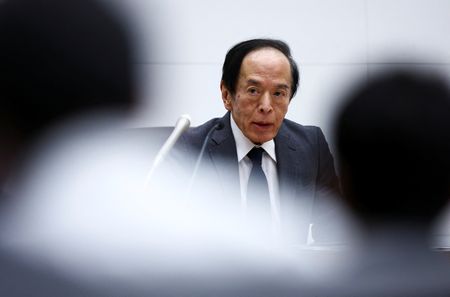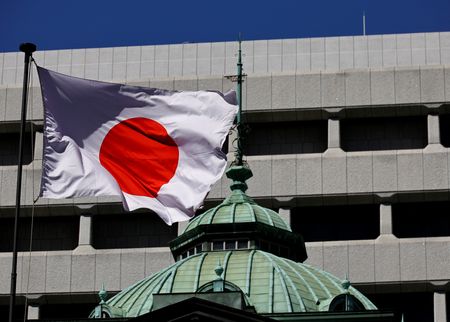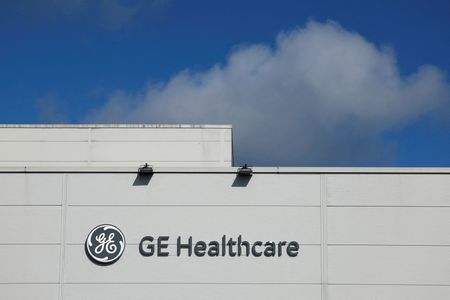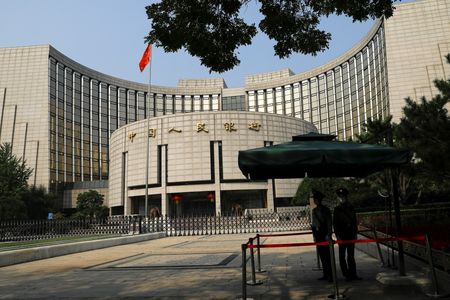SEOUL (Reuters) – South Korea’s top trade envoy said on Friday that South Korea is trying to resolve issues around U.S. auto tariffs quickly to avoid being disadvantaged by higher duties, explaining to the U.S. that “Japan and South Korea are different”.
Japan and South Korea are leading car exporters but under a trade deal with Japan the U.S. applies a 15% tariff on Japanese car imports, while U.S. tariffs on South Korean auto imports are 25%.
On July 30, President Donald Trump said the U.S. will reduce duties on automobile imports to 15% in return for Seoul investing $350 billion in the U.S, but the change has yet to be implemented as the countries remain at odds over the details of the investments.
“We’ve explained the differences between Japan and Korea as much as possible,” Trade envoy Yeo Han-koo told reporters upon his return on Friday from a trip to Washington this week where he met with U.S. Trade Representative Jamieson Greer.
Top officials in Seoul have repeated in recent days that accepting all U.S. demands and copying the format of Japan’s deal with the U.S. would be difficult due to issues such as the domestic foreign exchange implications of the investment fund.
“Disagreements have increased in the process of discussing details since (the meeting between Trump and South Korean President Lee Jae Myung in August), and now (tariff talks) are in a difficult state,” National Security Adviser Wi Sung-lac told reporters on Friday. “But we shouldn’t lose our whole relationship while talking money.”
Lee will visit New York next week to attend the UN General Assembly, Wi said. During his trip, the president will meet with Wall Street heavyweights including BlackRock CEO Larry Fink to discuss artificial intelligence, energy and the South Korean economy as an investment destination, but tariff talks will be conducted separately from Lee’s trip, he said.
Foreign Minister Cho Hyun told a briefing on Friday that the government would try to resolve visa issues facing Korean workers in the U.S. before proceeding with the $350 billion investment package.
His remarks come after hundreds of Korean workers were recently detained during a U.S. immigration a raid on a Hyundai Motor battery plant in the state of Georgia, prompting calls by Seoul for a new category of visa for skilled Korean workers.
(Reporting by Joyce Lee and Heejin Kim; Editing by Neil Fullick and Ed Davies)

